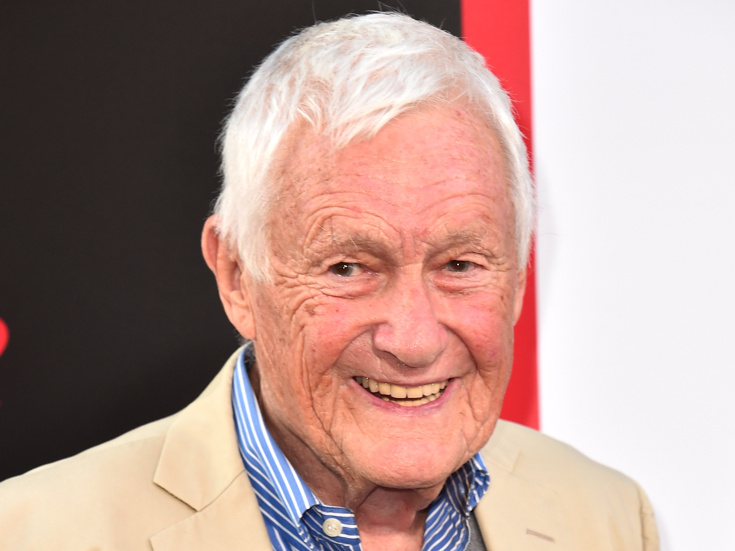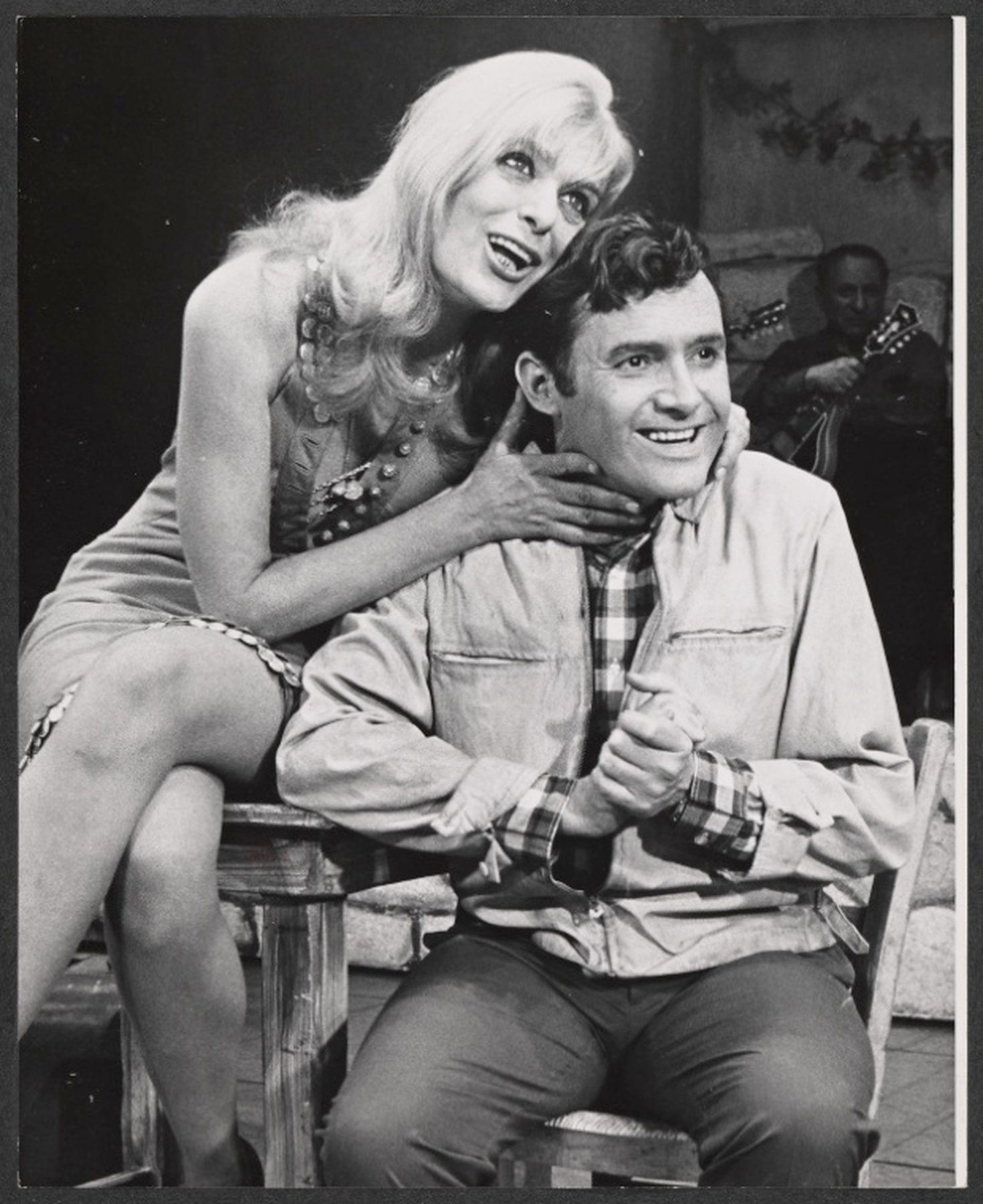Orson Bean, Beloved Funny Man of Broadway & Late-Night Television, Dies at 91


(Photo: Alberto E. Rodriguez)
Orson Bean, the beloved funny man of late-night television, game shows and light-hearted Broadway comedies, died on February 7. According to police, he was hit and killed by a car outside the local theater he founded in Venice, California. He was 91 years old.
Bean is best remembered for his many loved performances on television. He was a frequent and witty guest star on game shows like What’s My Line, I’ve Got a Secret and To Tell the Truth, and he was a treasured comic on talk shows and variety series, including The Ed Sullivan Show, The Tonight Show Starring Johnny Carson and The Mike Douglas Show. He was tapped by Jack Paar and Johnny Carson to guest host The Tonight Show more than 100 times.
Yet Bean, who was born Dallas Frederick Burrows in Vermont in 1928 and grew up during the height of the Great Depression, led a vibrant and comedy-filled Broadway career, appearing in nine Broadway shows between 1953 and 1967 and cutting his teeth on the stage before striking it big on live television.
After returning home from his service in Japan during World War II, Bean began performing stand-up comedy in New York City, catching a big break in 1952 on an NBC weekly radio show as a laughable master of ceremonies. In 1953, he made his Broadway debut as a background player in Men of Distinction, an ill-appreciated comedy that closed after three days.
That same year, he appeared as a player in John Murray Anderson’s Almanac, the last musical revue of vaudeville’s past to be staged on Broadway, opposite Harry Belafonte. “Something must be put here in praise of Orson Bean, who is a kind of Yankee Herb Shriner with some double-edged comic sketches,” wrote Brooks Atkinson in The New York Times. “Mr. Bean (is that his real name?) looks a little like a Harvard junior, which is perfectly all right, of course, but does not promise much in the way of entertainment. Nothing could be more deceptive. For Mr. Bean is a wit with some dry material that is concise and convulsing.”

In 1955, Bean’s next role in George Axelrod’s comedy, Will Success Spoil Rock Hunter?, about a screenwriter who sells his soul to the devil, won him acclaim, and a string of Broadway musicals, farces and comedies followed—Nature’s Way (1957), Subways Are for Sleeping (1961)—which earned him a Tony nomination—Never Too Late (1962), I Was Dancing (1964), The Roar of the Greasepaint—The Smell of the Crowd (1965) and Illya Darling (1967).
Bean left New York to move first to Australia, then to Los Angeles, forging a career on the screen that made him one of the most recognizable faces on television. Later in his life, his acting career continued to thrive, with roles in Being John Malkovich; Dr. Quinn, Medicine Woman; Desperate Housewives; Two and a Half Men; Modern Family; How I Met Your Mother; and Grace and Frankie.
Bean was a frequent participant and patron of regional theaters in and around Los Angeles. He moved to Venice, California in 1983, and founded the Pacific Resident Theatre there. Until his death, he continued to act, produce and write shows at the small local theater, where he and his wife, actress Allison Mills, remained company members.
“Make a living doing commercials or soap operas or tending bars—and then do theater,” he once told The New York Times. “People shouldn’t get into show business because they want to become stars or become rich; they should get into it because they can’t help but put on a show.”